Everyone on the planet knows that exercise is good for them.
In fact, over the last few years it has been shown to not only prevent the onset of physical ailments like heart disease and diabetes, but even nasty mental illnesses like depression and anxiety.
It really is a cure-all.
And now there is reason to believe that it can also prevent sickness.
Exercise and the immune system
If you want to see how exercise impacts the immune system, you need to look at it from two distinct perspectives:
- How acute (a single bout) exercise effects your immune system, and.
- How chronic (repeated bouts) exercise effects your immune system
Acute effects of exercise on the immune system
It is first important to note that how your body responds to an acute bout of exercise is dependent on the volume and intensity of that exercise bout
During a single bout of moderate intensity exercise that is less than 60 minutes long, you will see an increase in blood circulation throughout your body. This increases the transportation of immune cells, and causes an increase in the secretion of anti-inflammatory cytokines.
These changes lead to a reduction in inflammation and an improvement in immune function.
However, if you are undertaking high intensity exercise for longer than 60 minutes, you see a slightly different outcome.
The high stress environment created by this intense exercise down regulates your immune cells – which is the exact opposite of what you see with moderate intensity exercise.
Additionally, you will also experience a spike in the secretion of your main stress hormones epinephrine and norepinephrine. This can lead to an increase in inflammation, which further down regulates immune system function.
While this may seem overwhelmingly negative, I should note that if you give your immune system time to recover after this type of session, then it adapts to become stronger than ever – which leads us to our next point quite nicely.
Does exercise boost your immune system?
If you exercise regularly and allow yourselves time to recover appropriately, it should come as no surprise that chronic exercise can have a positive effect on the function of your immune system (Campbell, 2019).
As a result, it is well established that chronic exercise can stave off several diseases, including cancer, diabetes, heart disease, and metabolic syndrome.
And this holds true even the exercise program you follow is of a very high intensity.
As I alluded to above, a problem will only arise if you do not give your body enough time to recover after intense exercise.
But what about some of our more common diseases? I mean, does exercise prevent cold, and does exercise prevent the flu?
Does exercise prevent cold and flu?
Does exercise prevent illness?
Or more specifically, does it prevent against two of the most common illnesses on the planet – being cold and flu?
And in short, yes it does.
Research has shown time and time again that actively undertaking an exercise regime will help prevent against the common cold. To put it simply, those who exercise more get the common cold less (Lee, 2014).
Similarly, this same has been found with the flu.
Interestingly, there is also some evidence to suggest that exercise also makes the flu vaccine more effective, offering another benefit when it comes to preventing one of the most common diseases on earth (Kohut, 2004).
Does exercise prevent coronavirus?
Let’s get topical for a minute. Does exercise prevent coronavirus?
There is a decent body of evidence demonstrating that exercise has the capacity to prevent against numerous viral infections. Considering this, it would not be a stretch to think that exercise may also have a protective effect against the coronavirus (Nieman, 2019).
Although, to date, there is no evidence demonstrating this with certainty.
However, we know that people who are fitter and healthier tend to fight off viral infections more efficiently. This means it is eradicated quicker, and the effects of the virus are much less severe.
So, if you are worried about the coronavirus, it is highly likely that exercise offers a great method of protection.
Can too much exercise lower your immune system?
In an ideal setting, after an extremely intense training session you would give your body enough time to adapt completely. This allows your immune cells to return to normal levels, and your body becomes better able to handle stress.
Over time this would likely increase the function of your immune system because it is forced to adapt to the high stress environment.
But when it comes to exercising too much, things get nasty.
Very simply, if you do not give your body time to adapt between training session, your immune system will get worn down.
And this greatly increases your risk of getting sick.
In fact, it is for this reason that athletes tend to get sick after prolonged and repeated bouts of competition – because their immune system has copped an absolute beating (Nieman, 1990).
This is a clear demonstration that too much of a good thing is not always a good thing.
Should you exercise when you’re sick?
But what a about exercising when you’re sick.
Does exercise help you get over a cold, and should you exercise with a virus?
Well, when it comes to exercising with a sickness, there is a very simple rule that you should generally follow – and it is known as the ‘above the neck’ rule.
In short, if you are only experiencing symptoms that are above your neck, such as a stuffy nose, sneezing, or an earache, then you are probably fine to exercise
However, if you are experiencing symptoms below your neck, like nausea, body aches, fever, diarrhea, productive cough or chest congestion, then exercise is probably a bad idea.
Simple, right.
Obviously, you do need to use a little judgment here. If you are feeling a bit sick, it is probably in your best interest to keep your exercise to a moderate intensity and relatively short in duration (less than 60 minutes).
Remember, this type of exercise immediately boosts your immune system.
Additionally, if you are exercising with even a tiny head cold, make sure you stay extremely well hydrated. This will ensure your body is functioning effectively and can easily transport all those amazing immune cells around your body.
Related Article: Should You Exercise With A Cold?
What is the right amount of exercise to boost your immune system?
With all this great information, you might be wondering how much exercise boosts your immune system – and unfortunately, there is no clear answer.
However, we can make some good recommendations.
Performing 3-5 moderate intensity aerobic exercise sessions, that are less than 60 minutes long, per week is a great way to boost your immune system in the short term. This could be in the form of a light jog, a bike ride, or a nice swim.
I would also recommend you combine this with 1-3 high intensity interval training (HIIT) sessions per week.
This type of exercise prevents against the onset of heart disease, diabetes, and cancer, all while causing chronic reductions in inflammation. Just remember, you need to have a couple of days after your HIIT to ensure your immune system is completely recovered.
If you stick to these basic guidelines, your likelihood of getting sick should decline significantly.
Take Home Message
When it comes to boosting immune system function and staving off illness, exercise should be you first point of call. There is even research to suggest exercise can help fight the cold and flu, as well as chronic conditions like cancer, diabetes, and heart disease.
Importantly, using the recommendations in this article, you can manage your exercise regime and start preventing illness in a big way – so what are you waiting or?
References
Lee, Hyun Kun, et al. “The effect of exercise on prevention of the common cold: a meta-analysis of randomized controlled trial studies.” Korean journal of family medicine 35.3 (2014): 119.
Kohut, Marian L., et al. “Moderate exercise improves antibody response to influenza immunization in older adults.” Vaccine 22.17-18 (2004): 2298-2306.
Nieman, David C., and Laurel M. Wentz. “The compelling link between physical activity and the body’s defense system.” Journal of sport and health science 8.3 (2019): 201-217.
Nieman, David C., et al. “Infectious episodes in runners before and after the Los Angeles Marathon.” J Sports Med Phys Fitness 30.3 (1990): 316-28.
You Might Like:
Exercise to Prevent Sickness
Everyone on the planet knows that exercise is good for them. In fact, over the...3 Vitamins to Boost Your Immune System Now
Given the impact that coronavirus is having on our society, I thought it would be...How Exercise Could Prevent Coronavirus
Everyone on the planet knows that exercise is good for them. In fact, over the...Physical Activity and The Immune System
Almost everyone on the planet knows that exercise is good for them. Its good for...The Trick Stress Plays on Your Metabolism
Gillian White – BSc, MSc., PhD Candidate A sheep in wolf’s clothing: The mean trick stress...5 Ways To Exercise Your Heart
Julia Basso Exercise beneficially affects the body in a surprising number of ways. I am...10 Ways To Boost Your Immunity
Dayton Kelly The following was adapted from a combination of speeches given at the European...Stay Healthy At The Gym | 6 Tips For Athletes
Alyssa Bialowas It is challenging to stay healthy in the wintertime; gyms and community centers...Are You At Risk For Skin Infection?
Alyssa Bialowas It is challenging to stay healthy in the wintertime; gyms and community centers...High Volume Training Affects Immune System In Endurance Athletes
Alyssa Bialowas Exercising regularly and moderately improves your overall health, which is said to help...Exercise and Brain Inflammation
Julia Basso – PhD The post I wrote last week talked about the exciting connection...A Healthy Dose of Neuroticism
Catherine O’Brien A Healthy Dose of Neuroticism The development of the 5-factor theory of personality,...Exercise: A Magic Pill To Help Protect The Brain From Cellular Pathology
Julia Basso – PhD The opening statement in a recent article in the Journal of...Should You Exercise With A Cold?
Gillian White – MSc., BSc., PhD Candidate Should you exercise with a cold? Exploring the...16-Week Training Program to Help Promote Health
Julia Basso A recent article I wrote focused on the beneficial effects of a multimodal...Increase Your Immune System Through Exercise
Julia Basso – PhD The immune system is a complicated network of cells, including T...Is it as Simple as a Walk in the Park?
Gillian White , BSc, MSc, PhD (candidate) Department of Exercise Sciences, University of Toronto Is...Get Outside and Exercise – Your Immune System Will Thank You
Evan Stevens The first talk of the session presented some interesting findings from their study....The post Exercise to Prevent Sickness appeared first on ForeverFitScience.
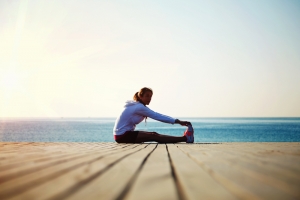
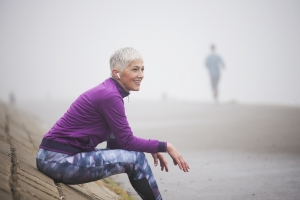
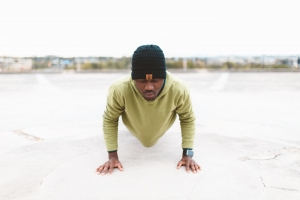
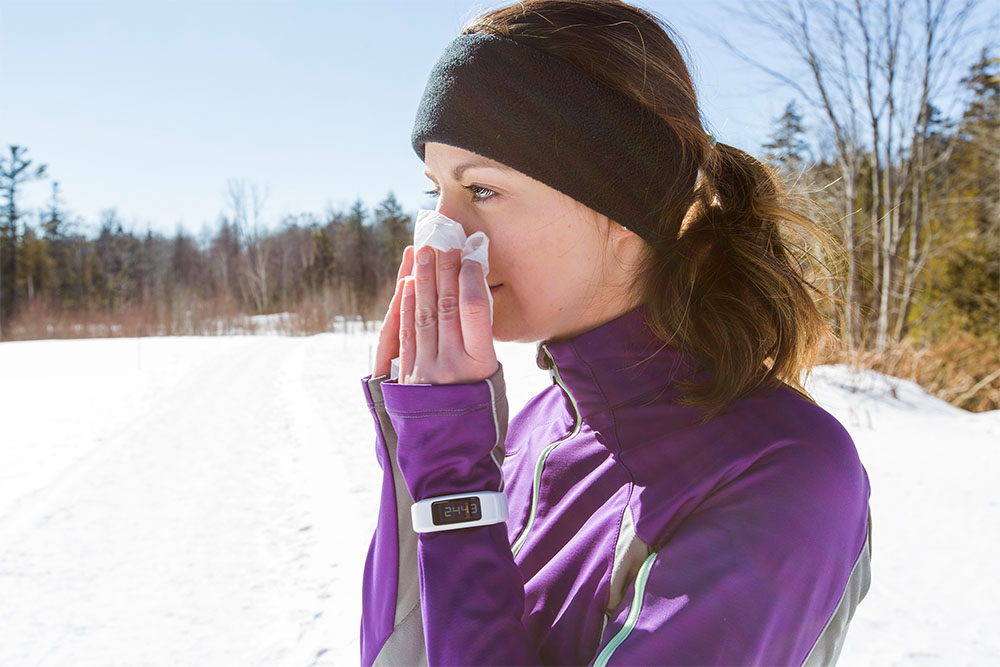

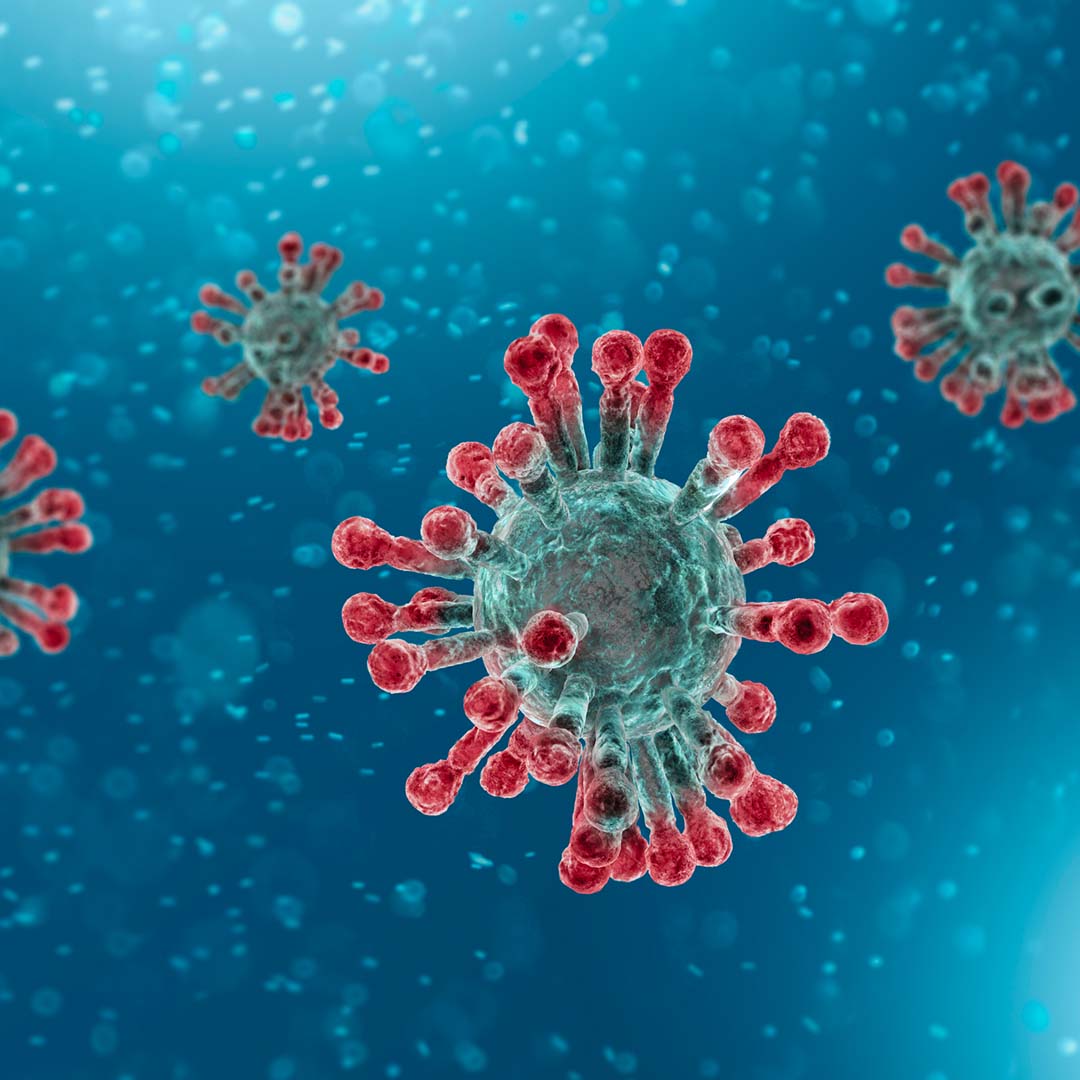
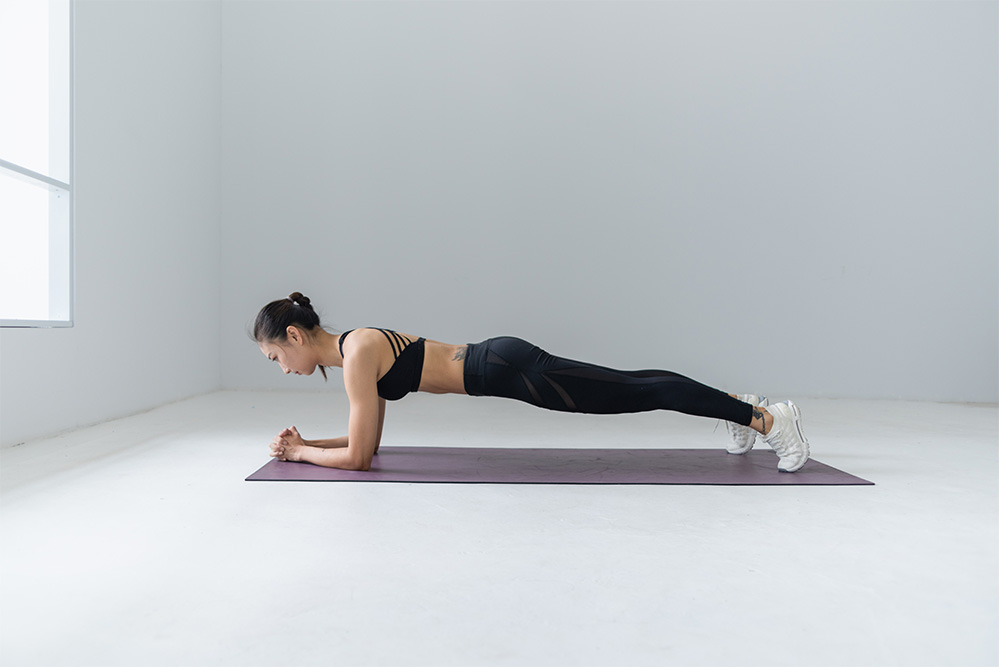


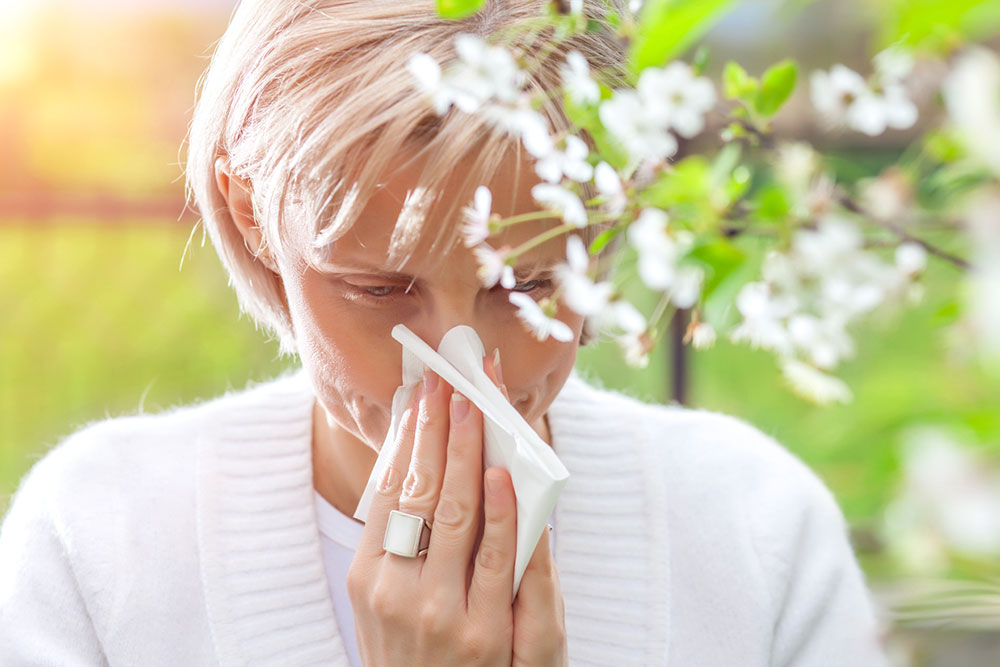
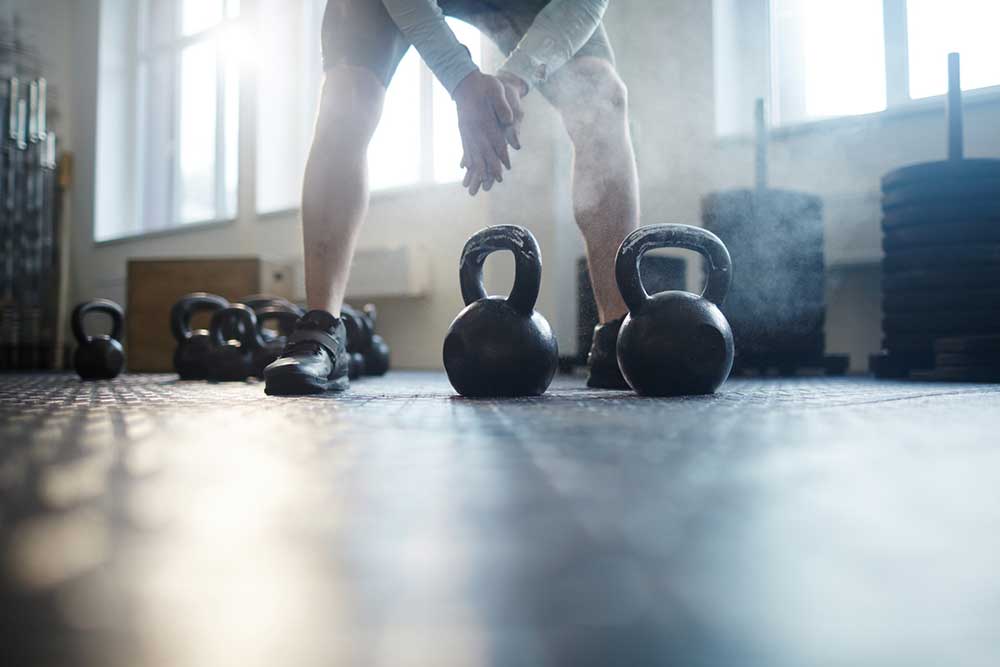



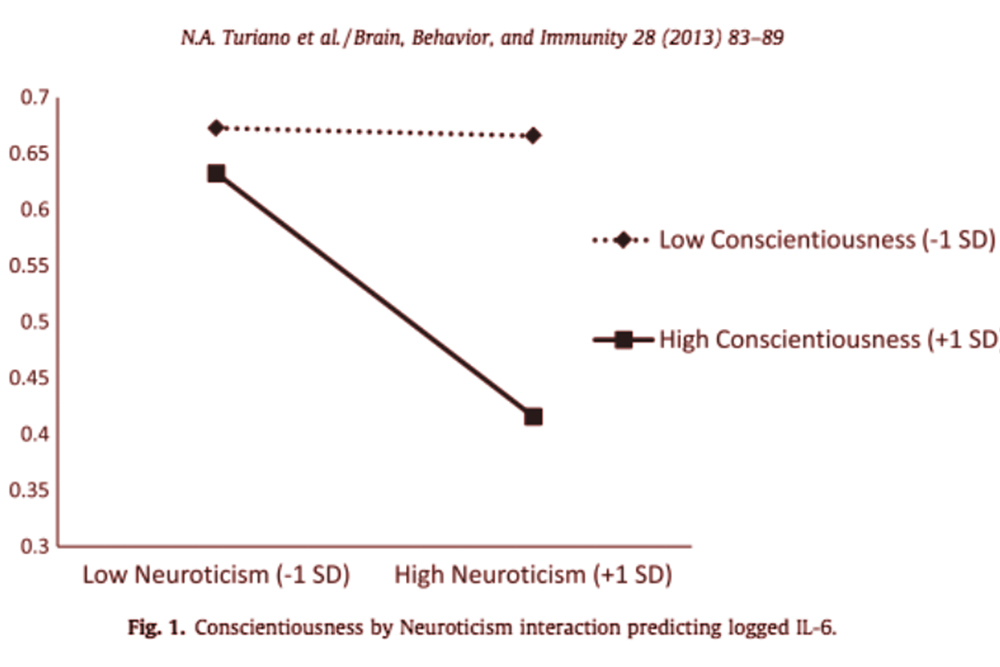

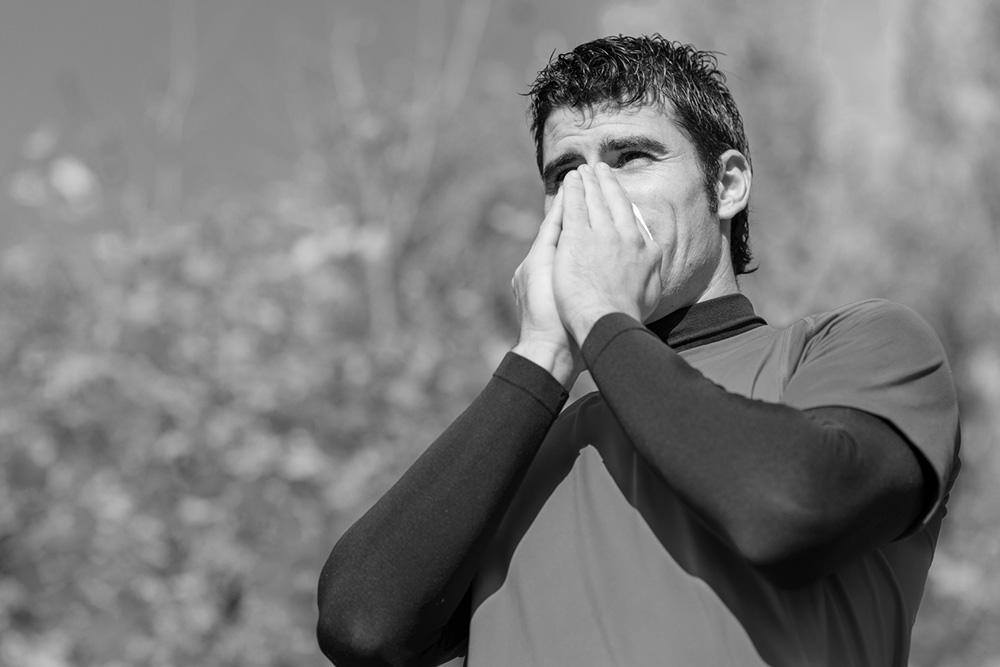


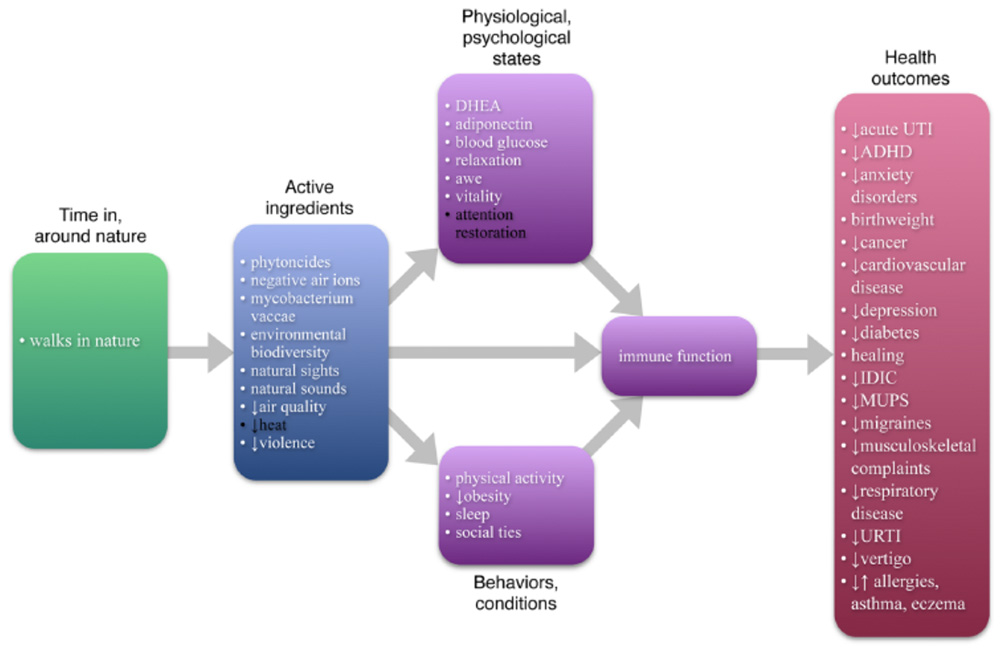

No comments:
Post a Comment